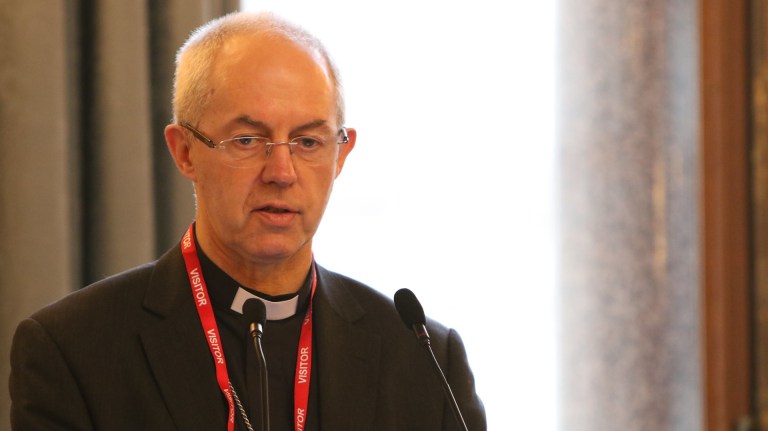Among the broad range of recommendations put forward in the three years since the project began, the government has ignored or watered down:
- A 30 per cent reduction in meat and dairy consumption
- Taxing salt and sugar in processed foods
- Expanding free school meals to more children in poverty
- Greater environmental and welfare standards in farming
- Compulsory vegan meal options in schools
- Animal welfare warnings on restaurant menus
- A call for people to move towards eating “responsibly sourced venison” instead of more damaging meats like beef
Speaking to the Guardian, Dimbleby said: “Yet again the government has ducked the issue of how we don’t just import food that destroys the environment and is cruel to animals – we can’t create a good fair farming system, then export those harms abroad. I thought the government would address this but it didn’t.”
The government heralded the strategy as a ”tech and innovation drive to boost food production and back British farmers” including more greenhouses to grow tomatoes and cucumbers all year round and money to develop new technologies by the end of the decade.
Prime Minister Boris Johnson called it a “blueprint for how we will back farmers, boost British industry and help protect people against the impacts of future economic shocks by safeguarding our food security.”
Environment Secretary George Eustice said the strategy “will increase the focus on skills in the food sector, and the roles and career pathways available.”
Why is there a national food strategy?
The review was commissioned in the face of increasing food poverty, farming practices that are damaging the environment, population growth and a growing health crisis driven in part by the low-quality food many families have no choice but to eat.
The UK’s food poverty rate is among the highest in Europe. Despite being the sixth richest country in the world, millions are struggling to access the food they need.
Nearly six million adults and 1.7 million children were struggling to get enough food between September 2020 and February 2021, according to a report from the Environment, Food and Rural Affairs committee.
There are also concerns around how the food system will cope under – or contribute to – the climate crisis, with growing consensus that everyone will need to cut down on the amount of meat they consume in the years to come.









